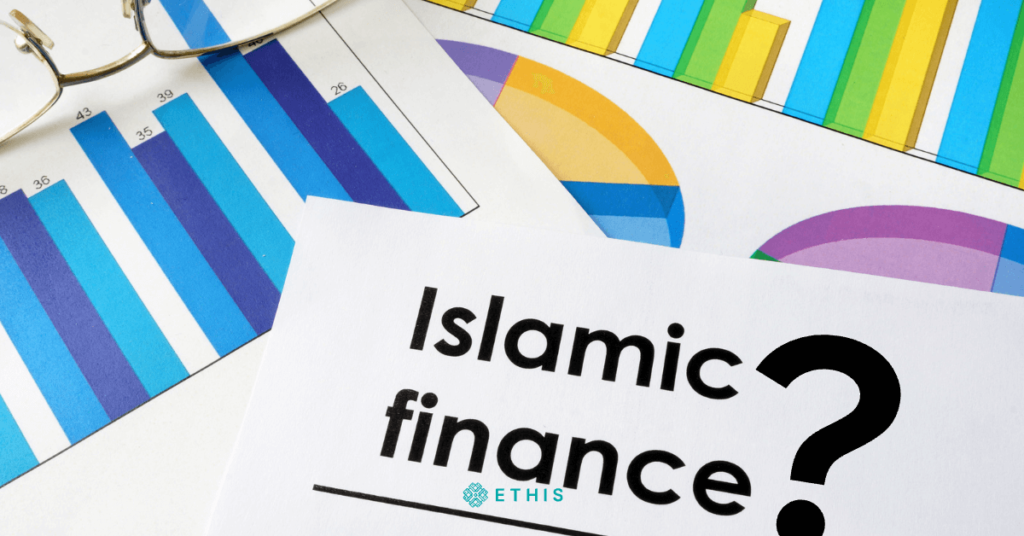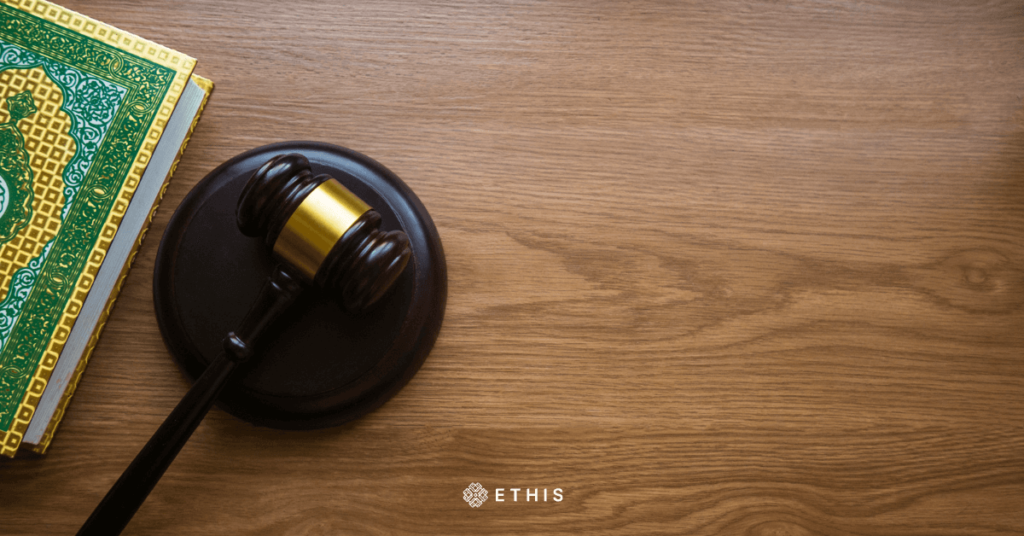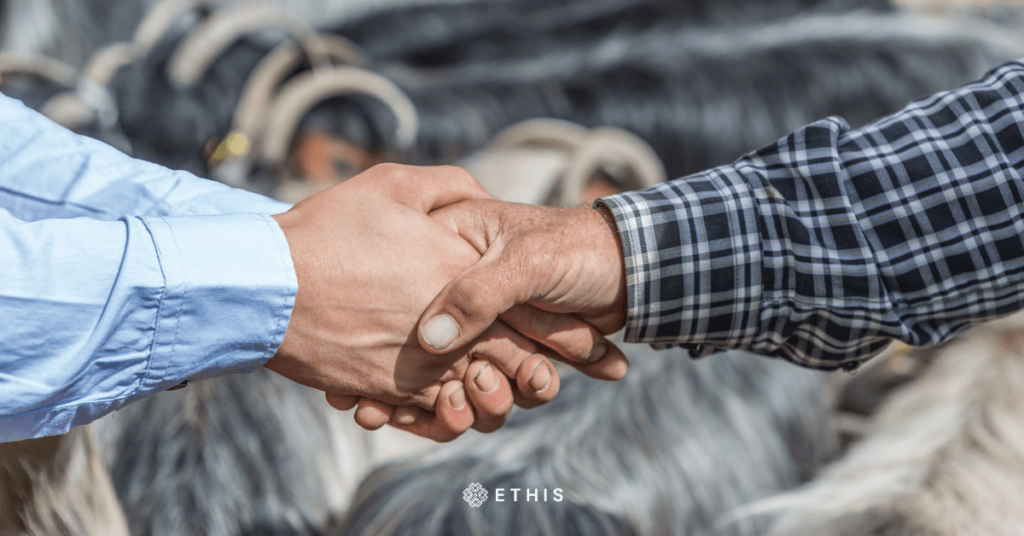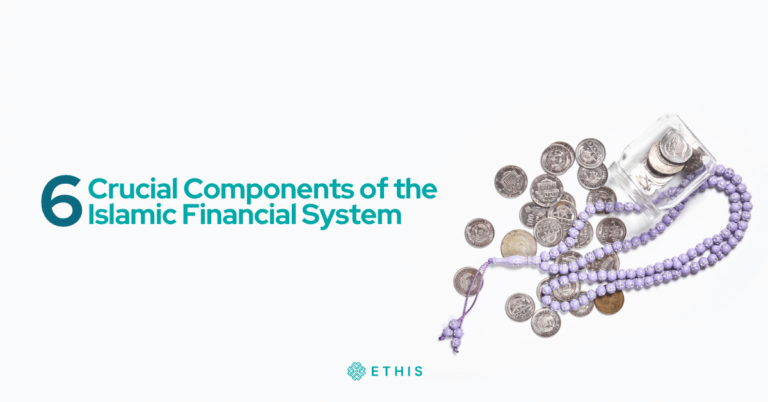
Islamic Finance is a very extensive concept, comprising a myriad of broad terminologies, technical processes and specificities that are more than enough to confuse any layman.
There are entire courses that must be taken just to get a basic grasp on its fundamentals, and there are a number of major components that work to retain the system’s functionality and relevance in the modern world of finance. Regardless, it’s important that we try to understand the simple basics of Islamic Finance.
With that in mind, let us take a look at just a few of the crucial components of Islamic Finance that exist today.
Related: A Bright Future for Islamic Finance and Related Developments
What is Islamic Finance?


Islamic Finance is undoubtedly a prominent sector with plenty of potential. In 2020 and 2021, Islamic financing grew at an annual compound rate of 10.5 per cent, while conventional loan growth grew at 3.4 per cent.
The concept came into existence during the foundational years of Islam, and established itself worldwide in the 20th century. If one wonders “what constitutes Islamic Finance?”, it’s when a financing activity and/or investment adheres to Islamic Law, also known as Shariah law.
Principles of Islamic Finance


When it comes to the component of Islamic Banking, the deposit-taking and finance of the institutions must be so that it meets the needs of Muslim customers and investors. These institutions, investors and customers may be fully fledged Islamic Banks, Islamic Subsidiaries or Windows of Conventional Bank.
This Islamic Banking system, along with the rest of the financial ecosystem must adhere strictly to the principles of Islamic Finance.
The strict compliance to Shariah Law is an absolute necessity in Islamic finance. For example:
1 ) Paying or charging an interest
Interest is considered an usury (riba), a prohibition when one lends money with the aim of making interest. It’s considered exploitative if it favours the lender at the expense of the buyer.
2) Investing in businesses that engage in prohibited activities
Activities that are considered haram, such as selling pork and alcohol, are considered illegal to invest in by Islamic institutions.
3) Speculation (maisir)
Gambling is forbidden by Shariah law, and thus Islamic financial institutions cannot be involved in contracts where ownership depends on an uncertain future due to speculation.
4) Uncertainty and risk (gharar)
Islamic finance bans risky and uncertain (Gharar) investments. When a contract is derivative and is short-sold, they are forbidden and must be stayed away from.
In addition to the above prohibitions, Islamic finance is based on two other crucial principles. Each transaction must be related to a real underlying economic transaction, thus having a material finality, and each party shares in profit/loss sharing, with no party having the lion shares of either.
Financing agreements under Islamic Finance


Under Islamic finance, there are three types of Financing Agreements.
They are:
1. Profit-and-loss sharing partnership (mudarabah)
2. Profit-and-loss sharing joint venture (musharakah)
3. Leasing (Ijarah)
Islamic Finance utilises the unique concepts of partnerships to bypass many of the impermissible components in conventional finance. These concepts mainly comprise mudarabah and musharakah:



Profit-and-loss sharing partnership (mudarabah)
When two parties agree on a Mudarabah, that means that they agree on a profit/loss share. One partner (Financier or rab-ul mal) provides the capital and the other partner (mudarib) provides the labour and is also responsible for the management and investment of the capital.
Profit-and-loss sharing joint venture (musharakah)
When all partners contribute capital and pro-rate or share the profit and loss, that is considered Musharakah. Two major types of this venture are:
- Diminishing partner, usually created to acquire properties.
- Permanent Musharakah, a continuous joint venture with no specific end date and continues operating as long as all parties agree to continue operations.
Leasing (Ijarah)
There is also a ruling that involves the leasing of properties or assets and stems from the understanding of lawful ownership.
In essence, the lessee pays rent and purchases payments to the lessor who owns the property, and at the end the lessee becomes the owner of the property.
Takaful
Takaful, in essence, is Islamic insurance. Takaful is set up based on mutual cooperation, common welfare and general good of society. Development of modern takaful began with debates about the legality of conventional insurance schemes. Takaful and Retakaful are important in Islamic banking and finance for risk management and mitigation.
The Takaful system is built on the principles of mutual cooperation, responsibility, assurance, protection, and help among groups of participants. In other terms, it is the sharing of resources to assist others who are in need. Takaful insurance is chosen by many over traditional insurance for a variety of reasons, including the prohibition of undue interest (riba) and uncertainty (gharar) under Shariah.
The Islamic Capital Markets (ICM)


ICM is a special market where investment activities do not contradict the principles of Shariah. The Islamic Capital Market is free of Riba (unnecessarily high interest), Gharar (deception) and Maysir (gambling). The market players for ICM include:
- Brokerage houses
- Investment banks
- Fund management institutions
- Islamic asset management institutions
There are various international bodies which were established to study, promote, develop and set standards for Islamic finance products, such as:
- International Islamic Financial Market (IIFM)
- Islamic Financial Services Board (IFSB)
- Accounting and Auditing Organisation for Islamic Financial Institutions (AAOIFI)
Islamic non-bank financial institutions


Islamic financial institutions play a facilitative role in Islamic society ensuring economic development through non-bank financing. They support the liquidity needs of major agents in the economy, which include finance companies, Islamic housing cooperatives, Islamic microfinance institutions, WAQF management institutions and private equity/ventures.
Investment Vehicles
Due to the number of prohibitions set by Shariah, many conventional investment vehicles such as bonds, options, and derivatives are forbidden in Islamic finance. The two most prominent investment vehicles in Islamic finance consist of equities and fixed-income instruments:
1) Equities
Shariah allows investment in company shares. Companies must not, however, engage in activities prohibited by Islamic law, such as interest-bearing lending, gambling, or the manufacture of alcohol or pork. Private equity investments are permitted under Islamic finance.
2) Fixed-income instruments
There are no conventional bonds in Islamic finance because Shariah prohibits lending with interest payments. There is, however, a type of bond known as sukuk, or “Shariah-compliant bonds.” The bonds are not a debt obligation, but rather a portion of ownership in an asset.
Each of these components delve into a vast range of conditions and prerequisites that are too extensive to cover in one simple article. At the very least, this gives you a breakdown of the basic vital pieces that comprise the modern Financial system according to Shariah law.





Top Posts
Islamic P2P Crowdfunding Explained
How to Earn Halal Money? The Money Mindset
Halal Investments for Singapore Muslims? It’s time for a shake-up in the Islamic Investments scene.
Smart investment for making Halal money
3 Reasons Why Property Crowdfunding is the Smart Investment for You